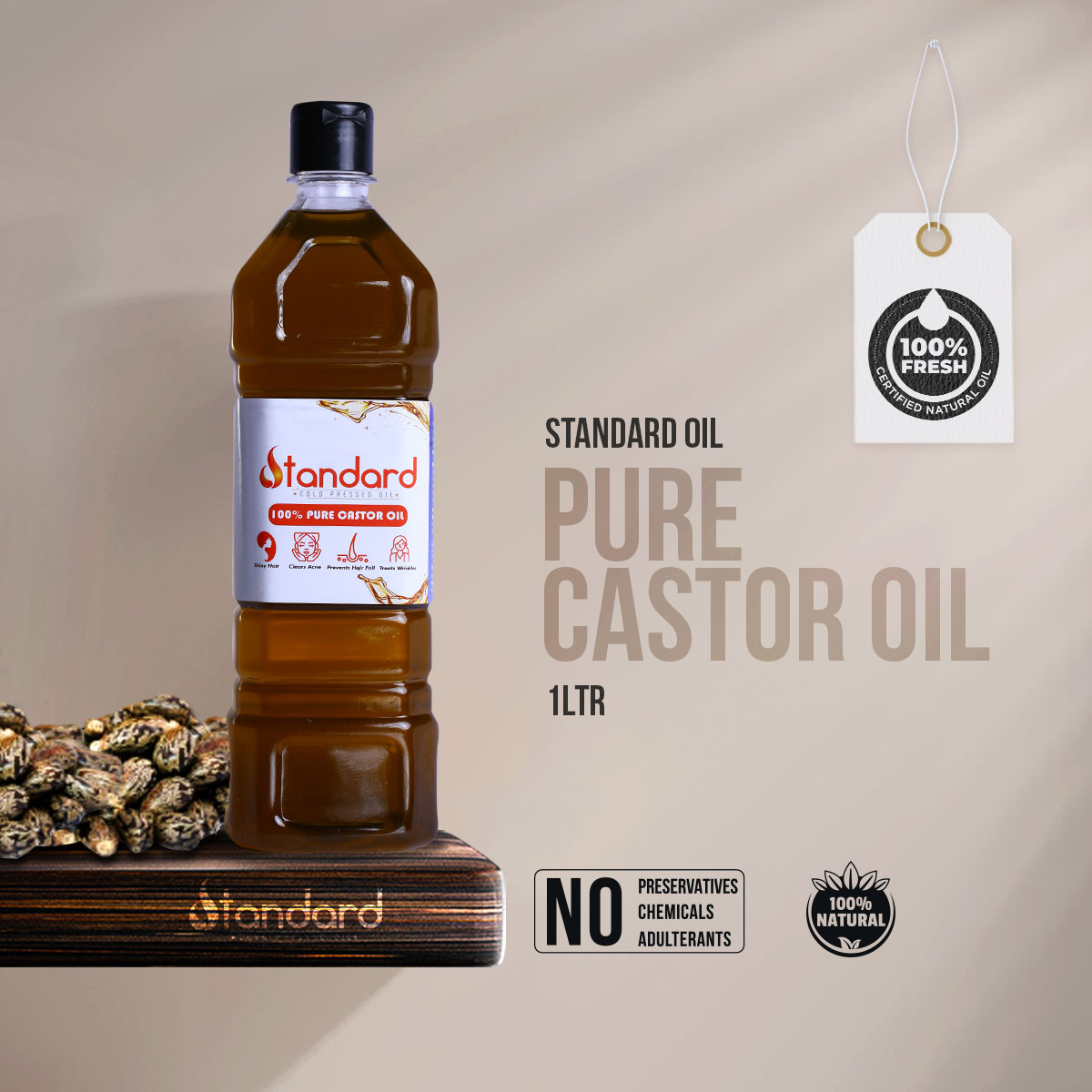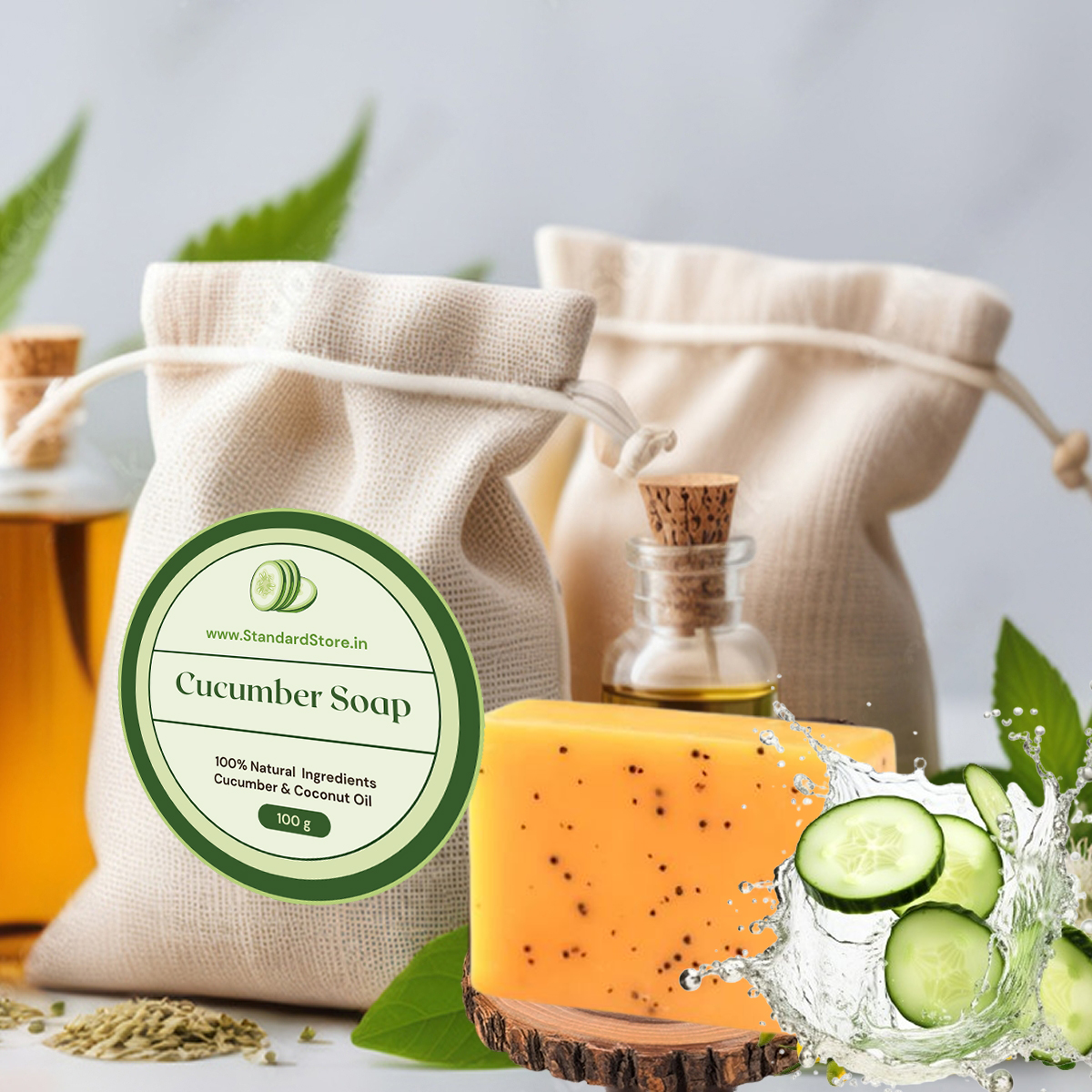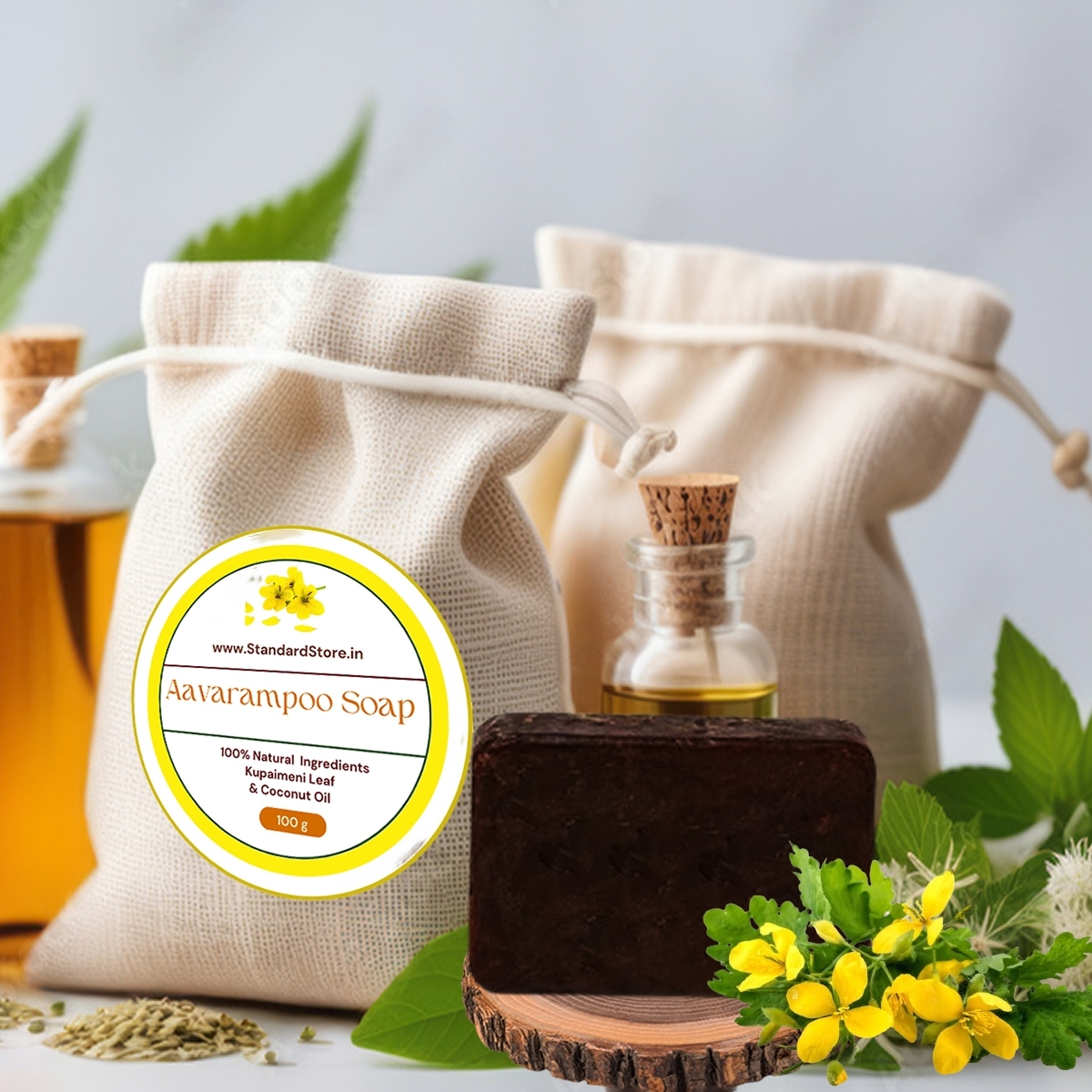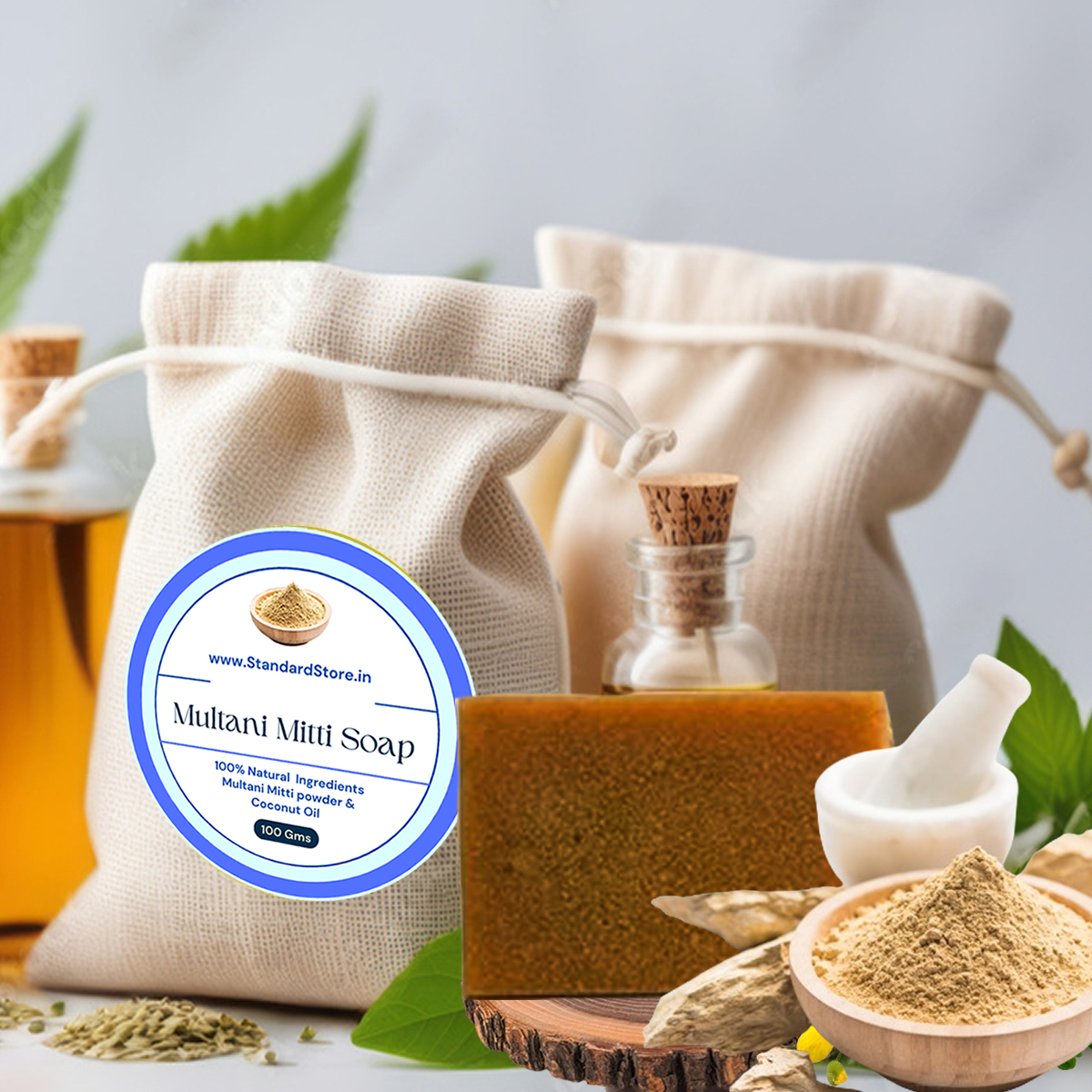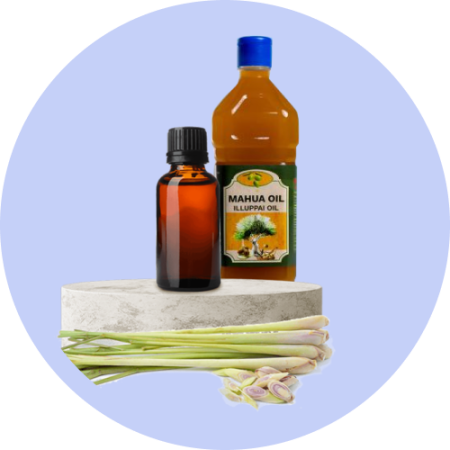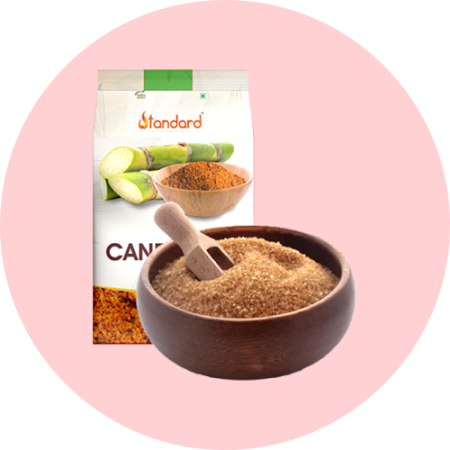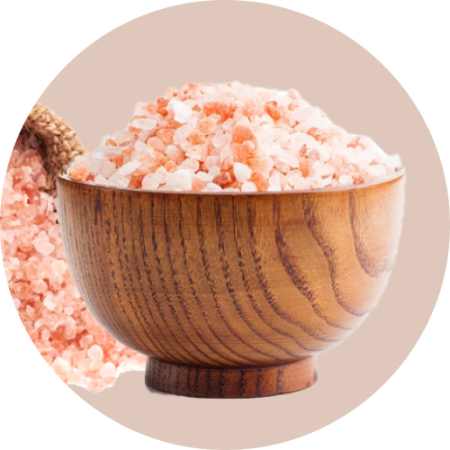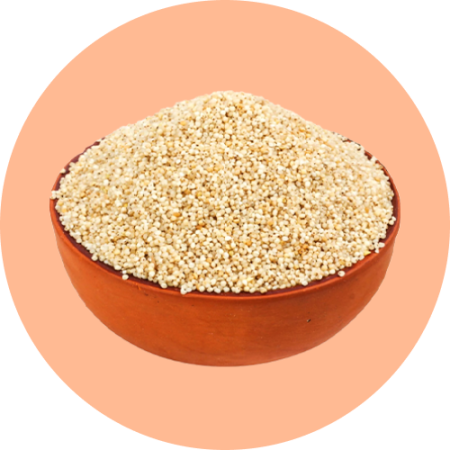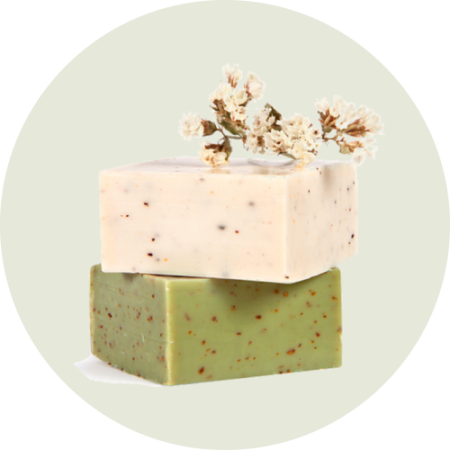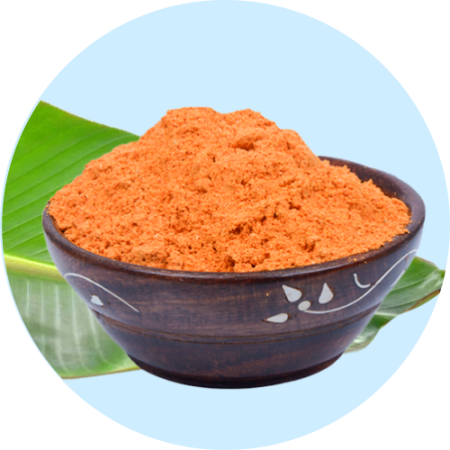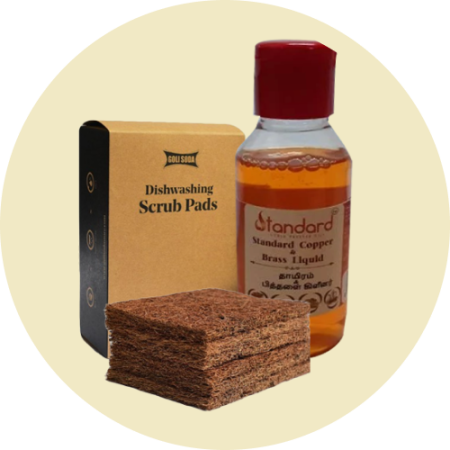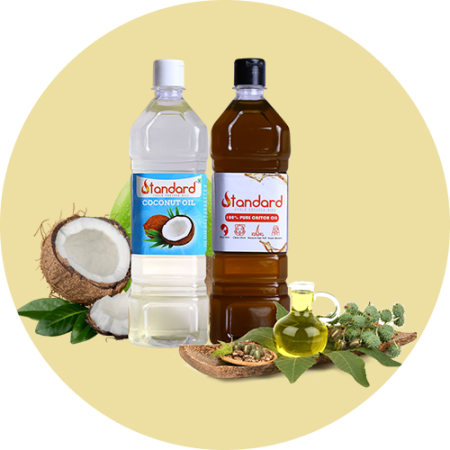Castor Oil
₹95 – ₹4,400
Order via WhatsApp!
5 Benefits of Castor Oil:
- Constipation Conqueror: Tames tummy troubles with potent laxative action.
- Dry Skin Savior: Deeply moisturizes for a dewy, nourished glow.
- Hair Hero: Hydrates scalp, potentially combats dandruff and dryness.
- Wound Warrior: May support healing with anti-inflammatory properties.
- Denture Defender: Fights bacteria, cleans, and keeps them moist.
Description
The Ultimate Guide to Castor Oil: Benefits, Uses, and Safety Precautions
Castor oil, extracted from the castor bean plant, has been used for centuries in traditional medicine for various health and beauty purposes. Today, it remains a popular option for addressing concerns ranging from constipation to dry skin. But with its increasing popularity, understanding its benefits, limitations, and potential side effects is crucial. This comprehensive guide delves into everything you need to know about this thick oil.
Understanding Castor Oil and its Components:
Castor oil is primarily composed of ricinoleic acid, a unique fatty acid responsible for most of its properties. This oil exhibits anti-inflammatory, antibacterial, and antifungal properties, making it potentially beneficial for various applications.
Benefits of Castor Oil:
- Constipation Relief: The FDA-approved use of castor oil is as a laxative. Ricinoleic acid stimulates the intestines, promoting bowel movements and relieving occasional constipation. However, due to its potency, it’s not recommended for regular use.
- Hair Care: Applying castor oil to the scalp and hair may promote hair growth based on anecdotal evidence. However, scientific studies are inconclusive. Its moisturizing properties help dry hair and scalp, potentially preventing dandruff.
- Skincare: Castor oils, when diluted properly, can be used as a moisturizer for dry skin. Its anti-inflammatory and antibacterial properties might aid in wound healing and reduce inflammation associated with conditions like eczema or psoriasis.
- Denture Care: Adding a few drops of oil to denture cleaning solutions might help remove stubborn stains and keep dentures moist. However, consult your dentist before using it regularly.
Potential Side Effects and Important Safety Notes:
- Ingestion Risks: Never ingest undiluted castor oils. It can cause severe side effects like diarrhea, vomiting, and dehydration. Seek medical attention if accidentally ingested.
- Pregnant Women: Castor oil use is discouraged during pregnancy as it might induce premature labor prematurely. Always consult your doctor before using it.
- Skin Irritation: While generally safe for topical use, some people might experience allergic reactions or skin irritation. Perform a patch test on a small area before applying it extensively.
- Long-Term Usage: Avoid chronic or excessive use of this oil for any condition. Consult a healthcare professional for recommended applications and durations.
General note:
While castor oil shows promise for relieving occasional constipation, moisturizing dry hair & skin, and aiding wound healing, proceed with caution! Ingestion is dangerous, and even topical use requires a patch test due to potential allergies. Don’t expect hair growth miracles, and always consult your doctor before incorporating it into your routine. Remember, safety first!
3 Research Articles on Castor Oil with Summaries:
1.Title: Final Report on the Safety Assessment of Ricinus Communis (Castor) Seed Oil, Hydrogenated Castor Oil, Glyceryl Ricinoleate, Glyceryl Ricinoleate SE, Ricinoleic Acid, Potassium Ricinoleate, Sodium Ricinoleate, Zinc Ricinoleate, Cetyl Ricinoleate, Ethyl Ricinoleate, Glycol Ricinoleate, Isopropyl Ricinoleate, Methyl Ricinoleate, and Octyldodecyl Ricinoleate – PubMed: https://pubmed.ncbi.nlm.nih.gov/18080873/
Summary: This comprehensive review by the Cosmetic Ingredient Review Expert Panel analyzes the safety of various forms of castor oil and its derivatives in cosmetic products. It concludes that they are generally safe for use, except for potential skin irritation in some individuals.
2. Title: Castor Oil – StatPearls – NCBI Bookshelf – NCBI: https://www.ncbi.nlm.nih.gov/books/NBK551626/
Summary: This StatPearls article discusses the various uses and clinical applications of castor oil, focusing primarily on its laxative properties. It acknowledges its limitations and potential side effects while highlighting its benefits as a short-term solution for occasional constipation.
3. Title: Castor Oil: Properties, Uses, and Optimization of Processing Parameters in Commercial Production – PMC: https://www.ncbi.nlm.nih.gov/pmc/articles/PMC5015816/
Summary: This article delves into the science behind castor oil production, exploring optimal extraction methods and highlighting its diverse properties. It also touches on its potential applications beyond medicinal and cosmetic uses, such as biofuels and fertilizers.
Effective Uses and Application Tips:
- Laxative: Take one teaspoon of oil diluted in one ounce of juice or water as your doctor directs. Do not exceed this dosage or use it for more than a few days.
- Hair Care: Dilute castor oils with carrier oils like almond or coconut oil before massaging it into your scalp and hair. Leave it on for 30 minutes before shampooing.
- Skincare: Mix a few drops of oil with your moisturizer or apply it directly to affected areas like dry patches or wounds. Do a patch test first.
- Denture Care: Add 2-3 drops of castor oil to your denture cleaning solution and soak your dentures according to the manufacturer’s instructions. Rinse thoroughly before inserting.
The Bottom Line:
Castor oil offers potential benefits for various applications, but understanding its limitations and potential side effects is crucial. Always prioritize safety and consult healthcare professionals before incorporating it into your routine. While oil isn’t a miracle cure, it might become a valuable addition to your natural health and beauty regimen when used thoughtfully and appropriately.
Castor Oil FAQs: Unveiling Myths and Maximizing Benefits
1. What wonders can castor oil work for?
Castor oils certainly has potential. Beyond its FDA-approved use as a potent laxative (use wisely!), it may offer benefits for dry skin and potentially aid in wound healing. Research is ongoing, but reports suggest its antibacterial properties might help freshen dentures.
2. Myth or magic: Does it unlock hair growth secrets?
While castor oil’s moisturizing properties make it a popular hair treatment, studies haven’t found conclusive evidence for hair growth. However, it may help combat dryness and dandruff, keeping your scalp and hair happy.
3. Is rubbing it on your stomach a safe bet?
Moisturizing wonders await! Diluted this oil can soothe dry skin on your abdomen. However, caution is key. Always perform a patch test first to rule out allergic reactions. Remember, not all solutions work for everyone!
4. How can I safely reap castor oil’s benefits?
Safety first! Never ingest undiluted castor oil. For laxative use, follow doctor-recommended dosages. When using it topically, dilute it with carrier oils like almond or coconut oil and patch test beforehand. Consult your doctor for any specific conditions or if you’re pregnant or breastfeeding.
5. Can castor oils replace my regular skincare routine?
While this oil offers moisturizing benefits, it’s not a one-size-fits-all solution. Patch test and see how it works for your skin. Remember, a balanced skincare routine tailored to your needs is still essential.
Beyond the common uses of castor oil for constipation and hair care, here are some unique insights about this versatile plant product:
From Poison to Potion:
- Deadly Potential: The castor bean, while providing the oil, harbors a deadly toxin called ricin. One castor bean contains enough ricin to kill an adult, highlighting the importance of proper processing to deactivate this toxin.
- Ancient Origins: Castor oil use dates back to ancient Egypt, where it was valued for medicinal and cosmetic purposes. Cleopatra herself reportedly used it to brighten her eyes!
Industrial Applications:
- Beyond Beauty: While known for its beauty benefits, castor oil has numerous industrial applications. It’s used in lubricants, hydraulic fluids, brake fluids, and even jet fuel due to its unique viscosity and heat resistance.
- Green Power: Castor oil is being explored as a potential biofuel due to its high yield and sustainability compared to traditional fossil fuels.
Health and Wellness:
- Modern Medicine: Ricinoleic acid, the main component of castor oil, shows promise in research for anti-inflammatory and anti-cancer properties. However, more research is needed for definitive conclusions.
- Traditional Uses: In various cultures, castor oil has been used for wound healing, inducing labor, and treating skin conditions. However, it’s crucial to consult healthcare professionals before using it for such purposes due to potential risks.
Sustainability and Ethics:
- Environmental Impact: Castor bean farming can be water-intensive, and proper water management practices are crucial for sustainable production.
- Fair Trade: The castor oil industry, particularly in developing countries, faces concerns about fair wages and working conditions for farmers. Choosing ethically sourced castor oil can make a positive impact.
Uniqueness in Diversity:
- Varietal Differences: Different castor bean varieties exist, each with slightly varying oil compositions and potential uses. Research is ongoing to explore these variations and optimize production for specific applications.
- Future Potential: With ongoing research and development, castor oil could have even more diverse applications in the future, from bioplastics to advanced pharmaceuticals.
Disclaimer: This information is for educational purposes only and should not be interpreted as medical advice. Always consult a healthcare professional before using any natural remedy or making changes to your healthcare routine

Additional Considerations:
- Castor oil should not be used by children or individuals with sensitive skin.
- Always purchase high-quality, cold-pressed castor oil from reputable sources.
- Consult your healthcare professional before using oil for any medical condition, especially if you take medications or have pre-existing health issues.
Additional information
| Weight | 200 ml, 500 ml, 1 Litre, 3 Litres, 5 Litres, 15 Litres |
|---|
Review
Recipes
Related products
-
Cucumber Soap
Weight : 100 g₹80Original price was: ₹80.₹69Current price is: ₹69.Save ₹11
(Incl. GST)
5 reviews -
Cold Pressed Castor Oil
₹95 – ₹4,400Place Your COD OrderThis product has multiple variants. The options may be chosen on the product pageOrder via WhatsApp!
78 reviews -
Avarampoo Soap
Weight : 100 g₹80Original price was: ₹80.₹69Current price is: ₹69.Save ₹11
(Incl. GST)
3 reviews -
Multani Mitti Soap
Weight : 100 g₹80Original price was: ₹80.₹69Current price is: ₹69.Save ₹11
(Incl. GST)
2 reviews




